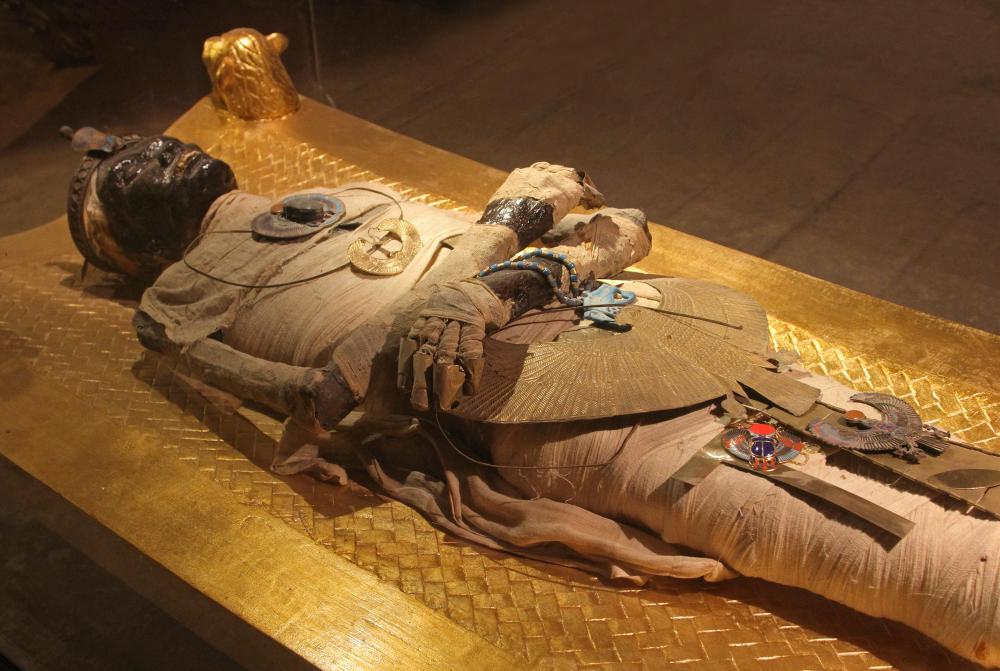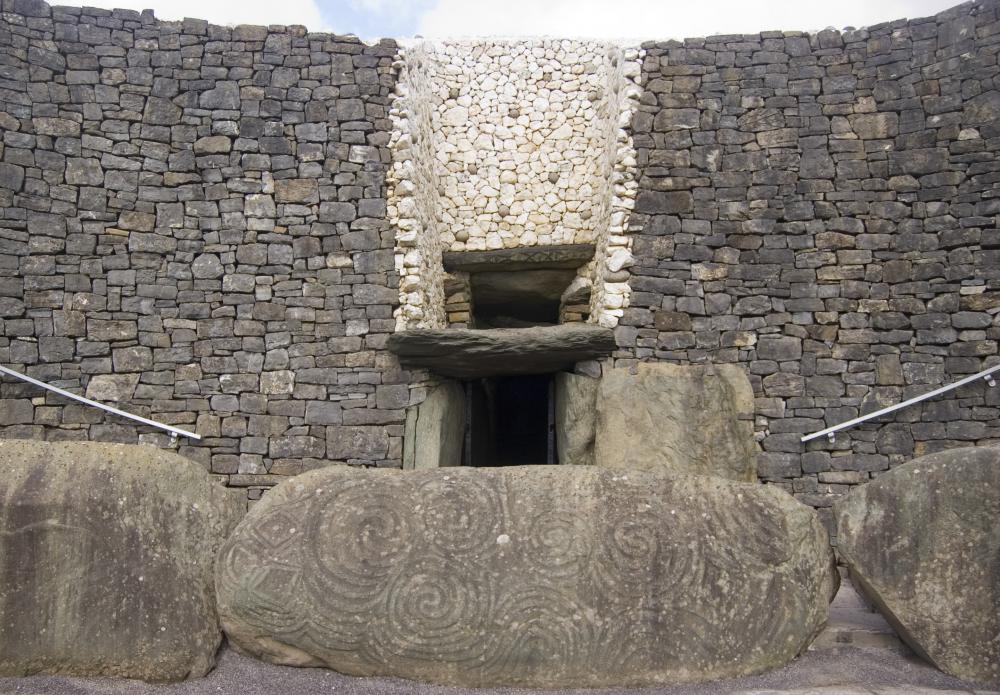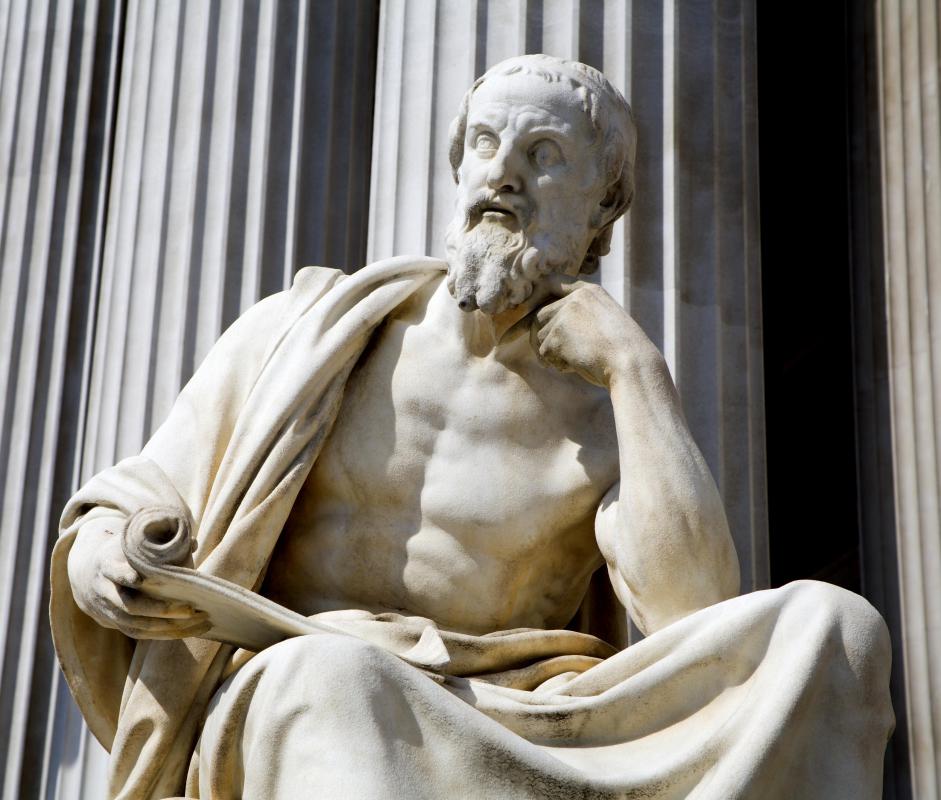At WiseGEEK, we're committed to delivering accurate, trustworthy information. Our expert-authored content is rigorously fact-checked and sourced from credible authorities. Discover how we uphold the highest standards in providing you with reliable knowledge.
What is History?
History is the study of the past, including the prehistory of man, all the way back until our origin in Africa about 200,000 years ago. Modern history is generally thought to begin in Classical Antiquity, around 800 BCE, when large numbers of scholars began to write things down. Herodotus of Halicarnassus (484 BCE – ca. 425 BCE) and Thucydides (ca. 460 BCE – ca. 400 BCE) are generally considered the "fathers of history," with the latter taking special care to use a scientific approach in the study of history, attributing major events to human choice rather than divine intervention.
Today, history forms a huge component of human knowledge in general, alongside cultural and scientific knowledge, both of which overlap with history. Historians place a great emphasis on primary sources; people writing based on events they or their immediate friends actually experienced, rather than secondary sources, writing merely based on hearsay. Also important are comparisons between primary sources — without comparisons, it can be difficult to validate historical claims. Obviously, the history of an invasion will be written differently by the conquerors and the conquered.

History is generally periodized into several broad strokes, to make it easier to analyze and understand. First is prehistory, extending over a couple hundred thousand years, from the beginning of humanity to the Neolithic Revolution, which began between 10,000 and 8,000 BCE. The Neolithic Revolution heralded the beginning of agriculture, the establishment of the first cities and non-agricultural classes.

Thousands of years after the Neolithic Revolution, various ancient civilizations were founded: Mesopotamia (5000 BCE), the Indus Valley Civilization (3300 BCE), ancient Egypt (3150 BCE), ancient China (3000 BCE), Minoan Crete (2700 BCE), Mycenaean Greece (1600 BCE), Kingdom of Israel (930 BCE), ancient Rome (900 BCE), and many others. Historians study these on a civilization-by-civilization basis, with objectivity as the primary goal.

The end of the era of ancient history is arbitrary, but the year 476 CE, when the Western Roman Empire fell, is often cited. Between 476 and around 1492 is the period of time known as the Middle Ages, while from 1492 to today is called the Modern Era. Modern history focuses mostly on the last 500 years.
AS FEATURED ON:
AS FEATURED ON:




















Discussion Comments
I love to write and read history because it is very interesting what you read. Not only does it help you learn it also helps you to understand how those people lived. --Daniel
I don’t know what scares me more, the fact that these past forms of humans were extinct in some unknown fashion or the Mayan calendar predicts the end of humanity in just 2012.
One thought I have is hard to grasp; life as we know it could be an archeological find in a future century. What will these ‘sapiens’ think of how we progressed and lived?
@ Georgesplane- The article is right as well as most of what you read.
Scientists date the modern human, Homo sapien, to about 195,000 years ago. This is when the human ancestor became physiologically indistinguishable from humans today. There were some minute differences, i.e. intervals between reproduction and stature, but most of these are probably diet related.
Human species' evolved from the great apes about 6 million years ago. The first upright standing species was from this era; although, there is still some debate as to whether this species is a direct link to humans or not.
Some human species also evolved separately from Homo sapien (think Neanderthal, Australopithecus robustus), but it is suspected they have all died off. There is some speculation that there is a pygmy hominid species deep in the mountains of Indonesia; although, no one.
The theory that the human species is only 6,000 years old has its roots in creationism. There is no scientific evidence to support creationist claims; however, it is a hotly debated issue. I personally do not believe in creationism, but this topic is better suited for a discussion on science and theology.
The article said that humans first walked out of Africa around 200,000 years ago, but I always thought the human species was a couple million years old. Does anyone know which is true?
I did a brief search and came up with some conflicting information. I got results that range from 6,000 years old to almost six million. That is a large discrepancy. The variation in my search results almost makes me think that there is still debate as to how old our species is. Can someone give me a brief introduction to this slice of history?
History is my favorite hobby. I say it’s a hobby because I’ve already read the required material in school. I use my movie subscription service to watch all sorts of documentaries live stream, including movies or specials on the Holocaust, World War II and modern government.
Not only does history teach you about the past, but it can also help you learn. I am learning about ancient Chinese healing; I research online, talk to my Naturopathic doctor and get acupuncture with herbal supplements.
Post your comments